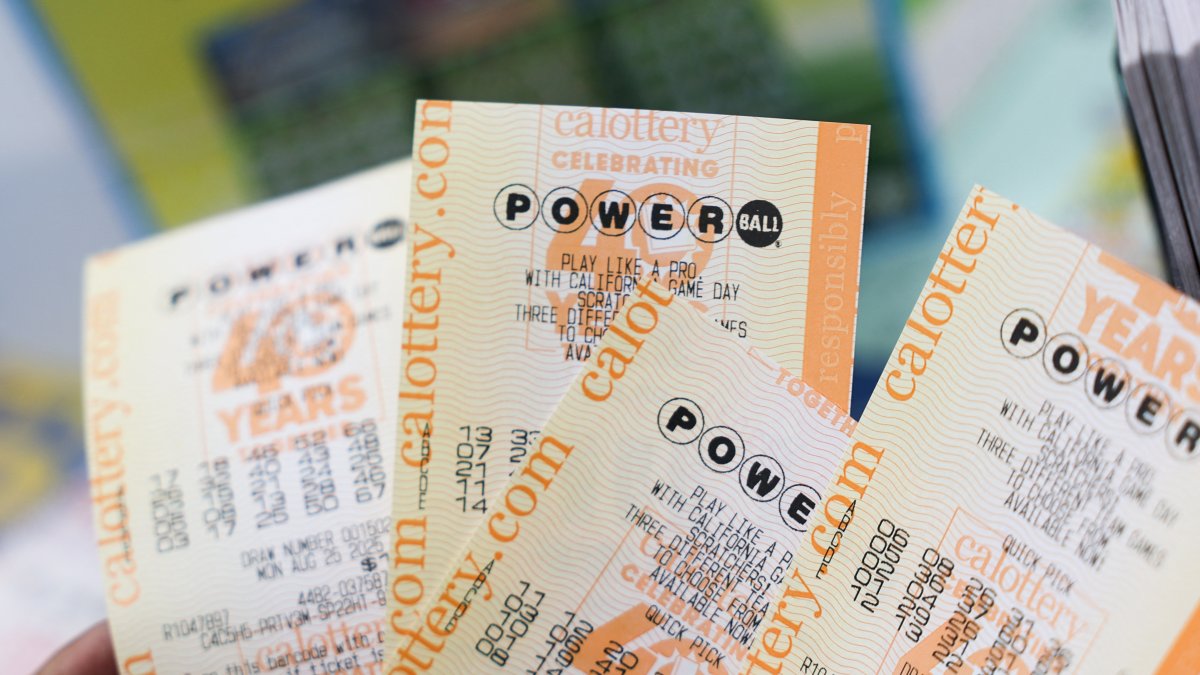Who will win the next Powerball jackpot?
We may never know.
The Powerball jackpot has reached $1.3 billion, vaulting into the top-10 largest U.S. lottery jackpots in history. The ultimate prize went unclaimed again on Monday, and the next drawing on Wednesday will give people across the nation another shot at the jackpot.
While some people would choose to show off their life-changing prize, others may want to remain discreet. However, their options could be limited depending on the state in which they bought their ticket.
Which states allow lottery winners to remain anonymous, and which ones make their winners public record? Here’s a breakdown of state-by-state rules.
States where lottery winners can remain anonymous
States where lottery winners cannot remain anonymous
* Winners can establish a trust or LLC to claim their winnings anonymously, per World Population Review.
Attorney Andrew Stoltmann has represented 12 lottery winners, many of whom lost all their winnings through bad investments, reckless spending and greedy relatives. “Unfortunately, the people who win the lottery think at that point, the journey is over. And what they don’t realize is that the journey has really just begun,” says the Chicago-based Stoltmann.
States with other lottery rules
Colorado: The first name, first initial of the last name, hometown, prize won and game played are posted on the Colorado Lottery website.
Florida: Winners can claim any prize anonymously in the name of a trust, and the name of the trustee or its attorney will be published. For winners of prizes over $250,000, information is kept confidential for 90 days after the prize is collected.
Michigan: Winners of prizes over $10,000 in state-run games can stay anonymous.
States with no lotteries
Forty-five states plus Washington, D.C., participate in the Mega Millions drawings. Find out which state has hit the jackpot the most and what numbers seem to come up most often.
